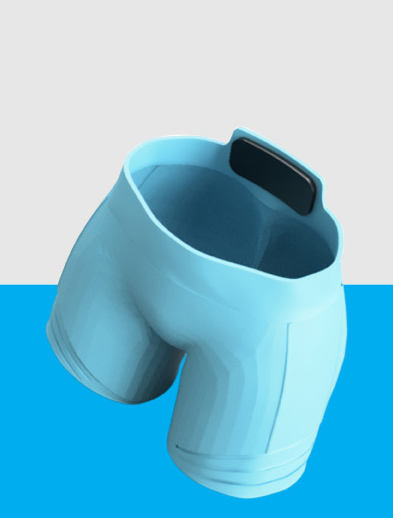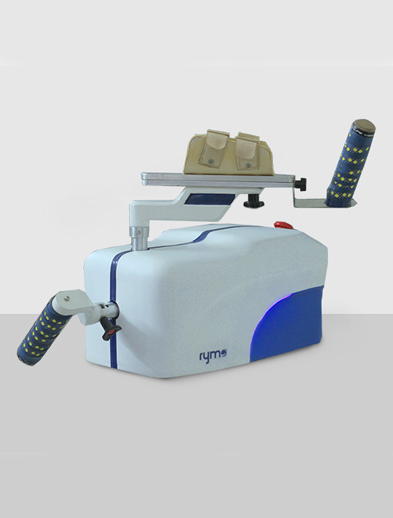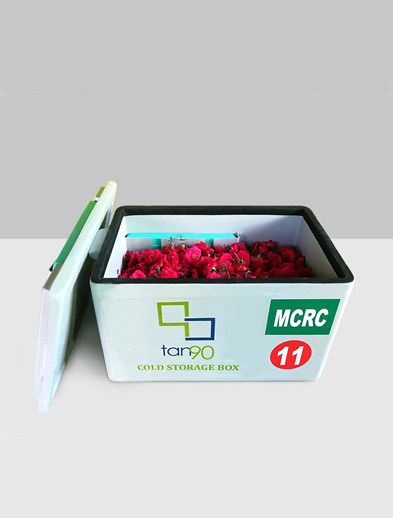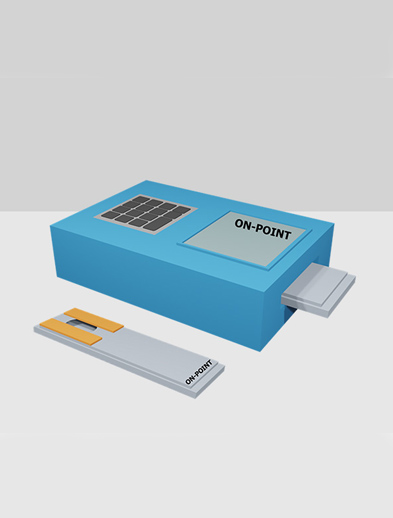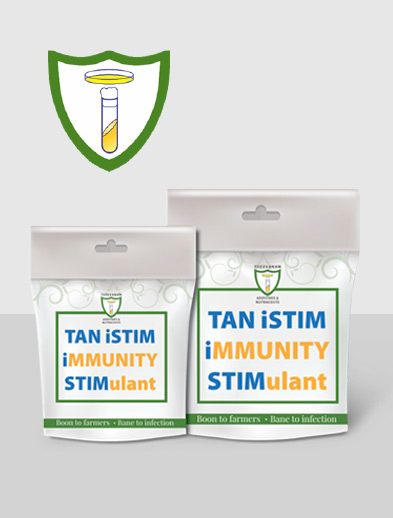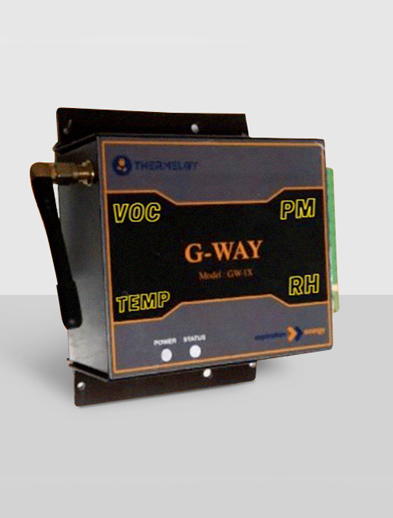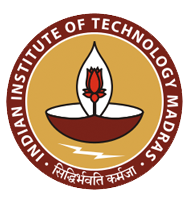
Glimpses from the 6th GDC Annual Symposium
If your startup or research focuses on AI for Science, advancing energy decarbonization and low carbon innovation, this is the perfect opportunity to accelerate your journey to market. For more details: visit

Glimpses from the seminar on DST-GDC I-NCUBATE Program. A Gamechanger Initiative Empowering Deep-Tech Startups.

Ms. Devika Lal, First Secretary (E&C), High Commission of India, Sri Lanka, during her visit to our office on May 22, 2025.

Moments from Cohort 04 of the DST-GDC I-NCUBATE Program, during the engaging four-day workshop at IIT Madras, May 17–20, 2025.


Mr. Raghuttama Rao, CEO, GDC, during his presentation on "Building Entrepreneurial Universities" to AICTE-approved MBA/PGDM – IEV Institutions in Ahmedabad.


Our CEO, Mr. Raghuttama Rao, at the official launch of the DST-GDC I-NCUBATE Program, unveiled by Prof. Abhay Karandikar, Secretary, DST, Government of India.






